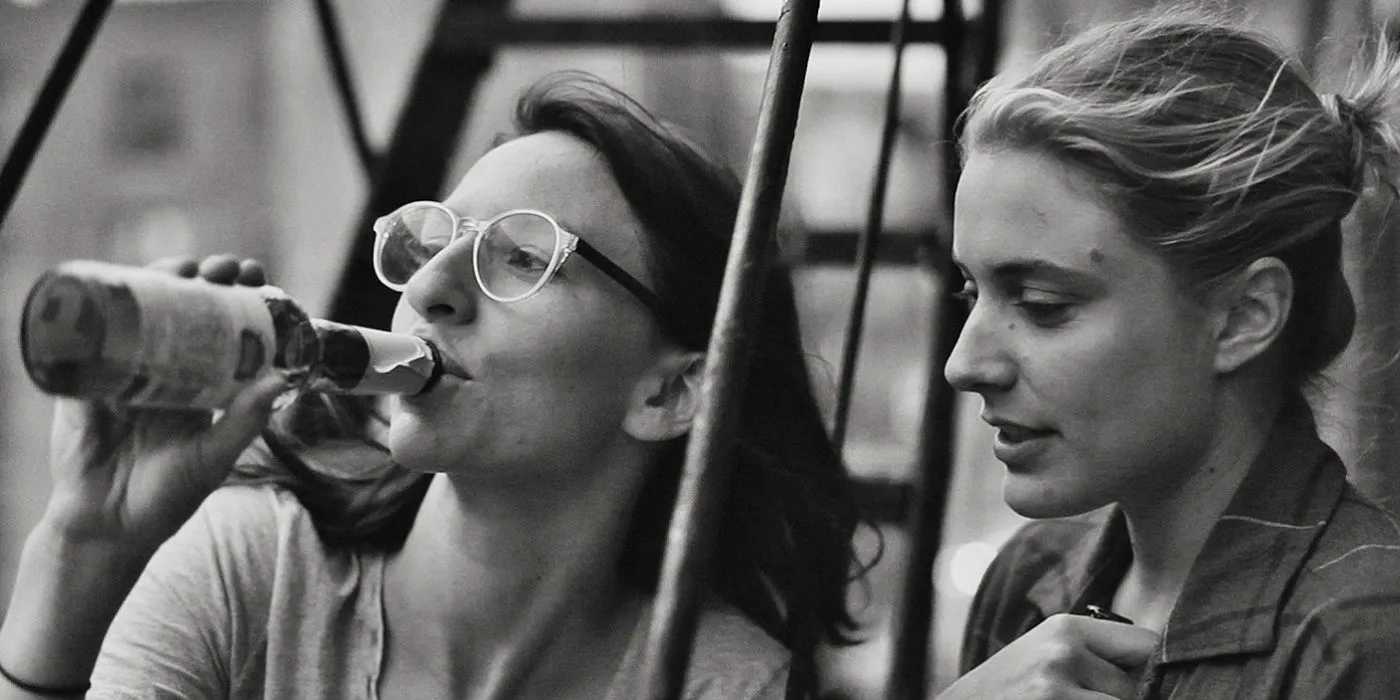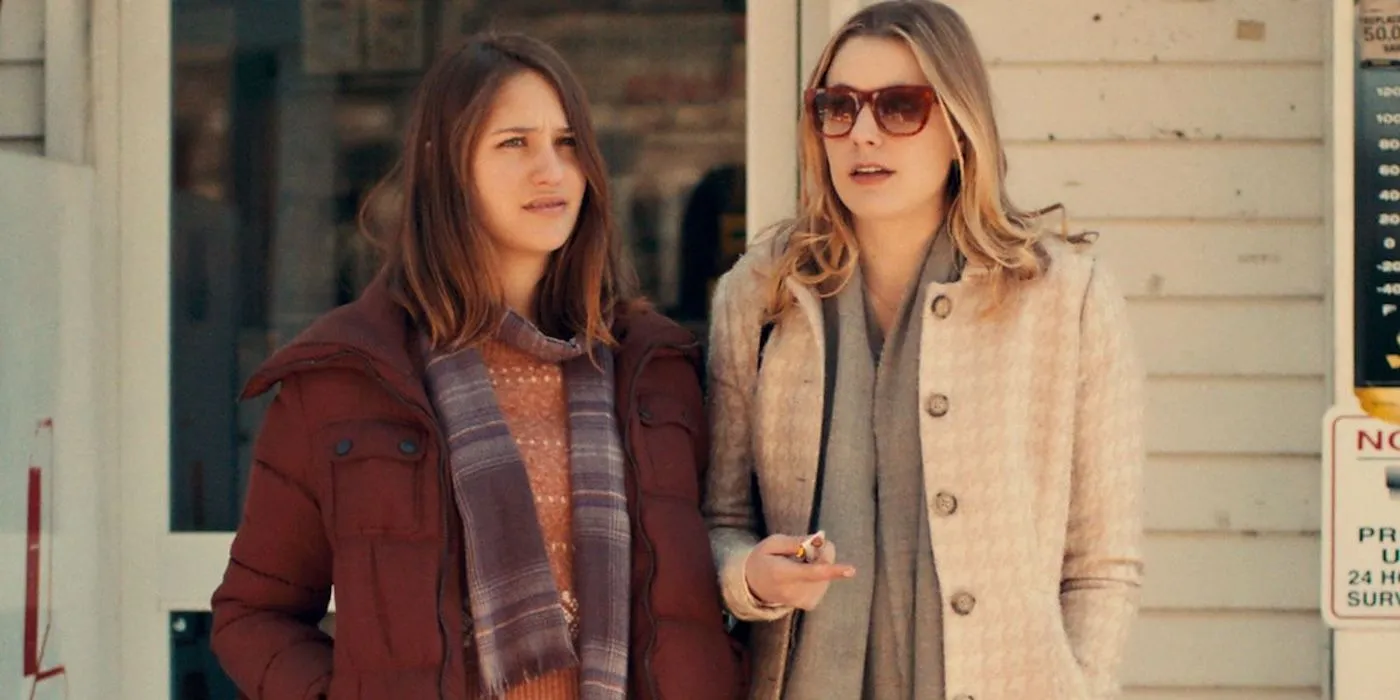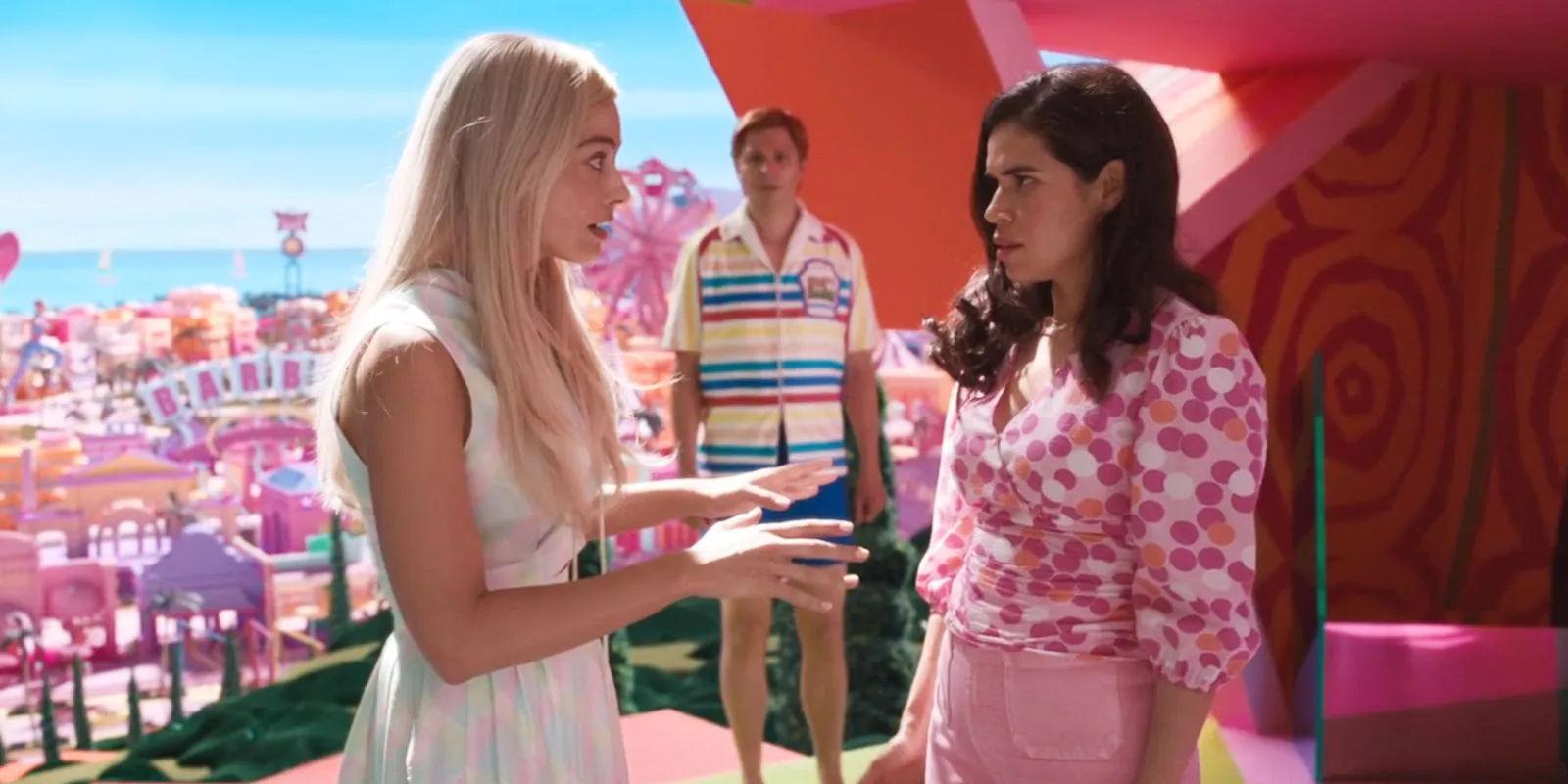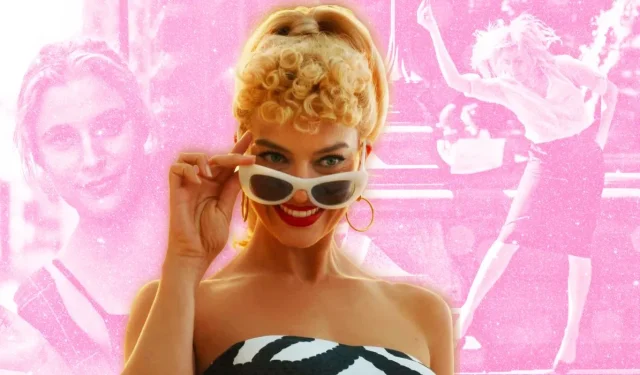Barbie has made its way to Netflix, marking a significant milestone for viewers eager to revisit this cultural phenomenon. Premiering in theaters in 2023, this film struck a chord with audiences, quickly ascending to Netflix’s Top 10 Chart in the U.S. Not only does Barbie evoke a sense of nostalgia for childhood memories, but it also delves into the intricate cultural narrative surrounding the iconic doll. Starring an impressive ensemble of Margot Robbie, Ryan Gosling, and America Ferrera, the film’s success has propelled Mattel to announce 45 upcoming movie projects centered around their beloved toys.
While Greta Gerwig directed Barbie and co-wrote the script with Noah Baumbach, this film isn’t their first collaboration. Their initial joint effort was the indie comedy-drama Frances Ha. Although these two films appear distinct at first glance, they share underlying themes and storytelling elements worth exploring. As Barbie arrives on Netflix, it’s an opportune moment to revisit their debut project and draw parallels.
Frances Ha: A Pivotal Work for Greta Gerwig
Understanding Frances Ha and Its Plot

Frances Ha portrays the life of a 27-year-old dancer, portrayed by Gerwig herself, grappling with the realities of adulthood after her close friend and roommate, Sophie, departs their Brooklyn home. This change propels Frances into a series of unpredictable situations as she struggles to cope with the loss of stability. From living in Chinatown with friends to a temporary return to Sacramento, and even an impulsive trip to Paris, Frances’s journey reflects the chaos of modern life.
Watch the trailer here
As Frances faces upheaval, her professional life follows suit when she’s unexpectedly let go from her dance company just before the holidays. Juggling various jobs—from waitressing to book keeping—adds layers to her character while also underscoring the film’s relatable themes of friendship and personal growth.
The Evolution of Gerwig and Baumbach’s Collaborations
Exploring Their Evolving Projects

Since Frances Ha, Gerwig and Baumbach have expanded their filmography, though certain themes remain consistent. They co-wrote the comedy Mistress America in 2015, highlighting a complex relationship between two soon-to-be step-sisters. Gerwig’s subsequent works, like Lady Bird and Little Women, further explore female relationships, while Baumbach has focused on various interpersonal dynamics in films like Marriage Story and White Noise, the latter featuring Gerwig in a leading role.
Barbie represents their first co-authored film since Mistress America, showcasing a divergence in style and storytelling techniques. With Baumbach directing the earlier projects and Gerwig at the helm of Barbie, their individual directorial perspectives become apparent, yet recurring themes of identity and connection endure through all their ventures.
The Influence of Frances Ha on Barbie
Female Friendship as a Central Theme

Despite their differences, Frances Ha and Barbie echo a shared narrative about the importance of female friendships. While the former is an independent black-and-white comedy-drama aimed at a niche audience, the latter reaches a broad audience as a live-action adaptation of a beloved character. In Barbie, the women of Barbieland confront adversity together, symbolizing unity and resilience amidst challenges and reflecting Frances and Sophie’s evolving friendship from their own narrative.
The contrast between the two films amplifies their similarities. Both showcase the transformative power of female bonds, illustrating how women can uplift one another in times of need. As Gerwig and Baumbach develop ideas for Barbie 2, fans anticipate how these themes of friendship will continue to unfold in their future collaborations.
- Explore the dynamics of friendship in both films
- Investigate the evolving creative styles of Gerwig and Baumbach
For further insights, feel free to visit the original source here.


